A police officer puts his or her life on the line every time they report for duty. It’s a dangerous profession, becoming even more so by the hour. In fact, every 58 hours, a cop is killed in the line of duty. It’s a staggering figure and yet, cops are even more likely to die by suicide.
Suicide is a result of mental illness, including depression and post-traumatic stress disorder (PTSD), which often stems from constant exposure to death and destruction. Due to the nature of their jobs, police officers and firefighters face an increased risk of suffering from depression, PTSD, and suicide compared to the general population.
Besides a grim environment, there are several factors that contribute to prolonged suffering, the first being a negative stigma that surrounds mental health within professions that prioritize bravery and steadfastness. Out of shame for seeking help, first responders shy away from support groups and programs focused on promoting positive mental hygiene. Additionally, even if a first responder was to overcome his/her fear, a jaw-dropping 3-5% of agencies have suicide prevention training programs in place.
“Unfortunately some people see reaching out for help as a sign of weakness,” says Peer Support Commander and Sergeant Sarah Zupke, of the Racine Police Department. “What they fail to realize is that cumulative stress, if left untreated or unmanaged, can lead to serious issues such as physical and mental illness along with depression and even suicide. We have to accept that it’s okay not to be okay.”
In this article, we explore resources focused on fighting the suicide epidemic that’s running rampant through our law enforcement family.
Resources for Support
Peer Support is a program fostered by the International Association of Chiefs of Police (IACP). Developed and implemented under the parent agency, the goal of peer support is to provide all public safety employees in an agency the opportunity for emotional and tangible support through times of personal and professional crisis.
“Every single day officers are exposed to trauma in one form or another,” says Sergeant Zupke. “They are constantly dealing with critical incidents and being forced to make split-second decisions, some of which may mean life or death. Repeated exposure to critical incidents and traumatic situations can have an adverse effect on an officer’s mental health. Most times, this happens without them even knowing or recognizing it is taking place. Peer Support is an immediate resource readily available to officers in a time of crisis or after a critical incident. Officers have the opportunity to talk with someone who can relate to what they are going through and who most likely have shared similar experiences. The Peer Support Team also provides officers with resources and directs them on how to find professional help.”
1st Help is a searchable database that contains myriad resources of emotional, financial, and spiritual assistance for first responders. In addition to helping first responders in finding crisis-specific support, 1st Help collects information related to suicide and traumatic events which is compiled and used to improve and even save the lives of first responders.
The Code Green Campaign is a mental health advocacy and education organization dedicated to serving police, firefighters, EMTs, paramedics, and anyone classified as a first responder. By providing proper education, reducing barriers to financial aid, advocating for systemic change in how agencies respond to mental health issues, and working diligently to diminish the stigma around counseling and other support vehicles, Code Green is a critical player in suicide prevention and postvention.
Blue H.E.L.P. is a national organization dedicated to alleviating the stigma around mental health through education, advocacy, and honoring the service and sacrifice of officers lost to suicide. They strive to bring awareness to mental health issues in law enforcement and ultimately provide compassion, care, and understanding to families who have lost a loved one to suicide.
Strength in Community
Community is a powerful thing. And the law enforcement community is as close-knit as it gets. If you are an officer suffering from depression, PTSD, or have concerning thoughts, lean on your brothers and sisters in blue. They understand what you’re going through and can offer advice as well as a shoulder to cry on.
While Band of Blue is dedicated to helping families of cops killed in the line of duty, we acknowledge and honor the service and sacrifice of officers lost to suicide. We encourage you to join our Facebook community where we share uplifting stories of fallen officers and their families.
If nothing else, remember just one thing: you’re not alone. There are so many people who are ready and willing to help you. All you have to do is ask.
*September 26 is National Law Enforcement Suicide Awareness Day. On this day, we acknowledge the service of police officers whose emotional trauma became too much to bear and raise awareness for other officers who may be suffering.
